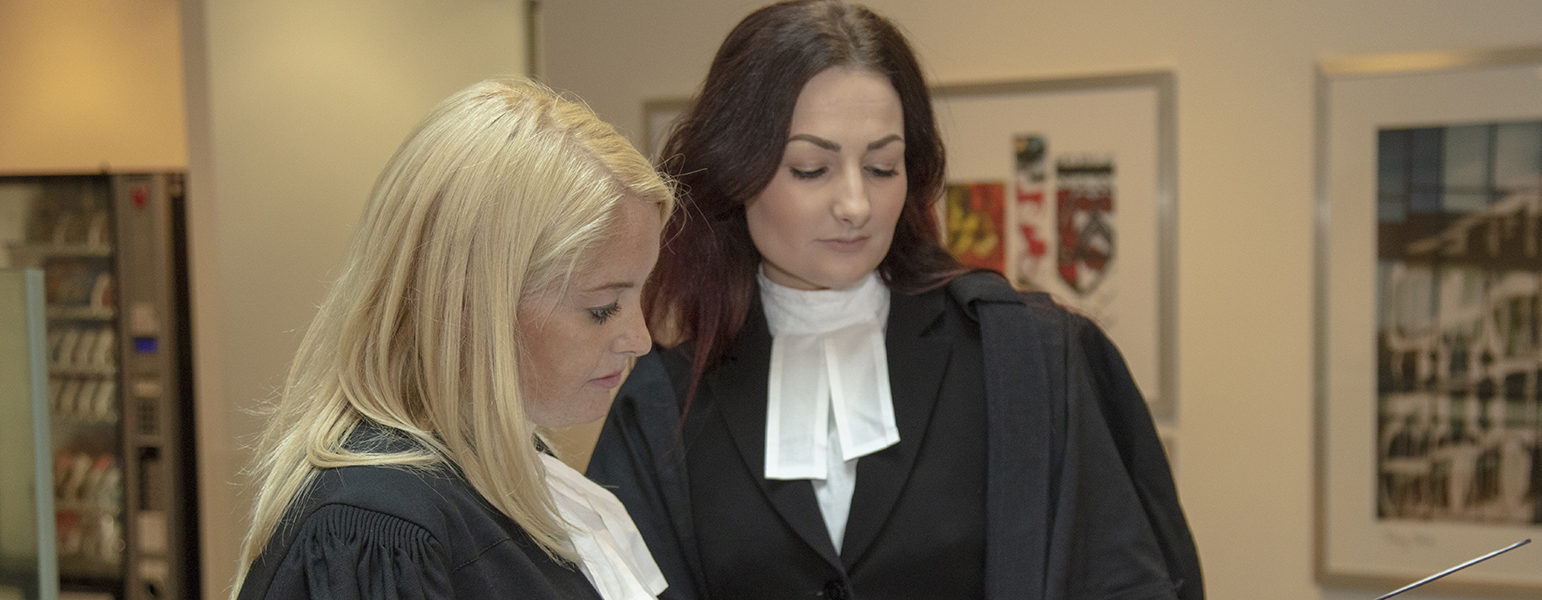Ethical Capacities
In 2014, the Inns of Court College of Advocacy commissioned a report by University College London, which was funded by the Legal Education Foundation, to examine the ethical knowledge and skills acquired by new advocates.
The aim of this project was to inform, through independent research and evidence, the development of ethics training by professional bodies and specialist practitioner groups.
The Report’s authors Professor Richard Moorhead, Catrina Denvir, Mark Sefton and Nigel Balmer deserve warm thanks for the quality of their work and the clarity with which their findings are set out.
Appendix A – Overview of education and training in ethics relevant to new advocates
Appendix D – ATC Ethics Expert Data Input Framework
Appendix E – Researcher Coding Frameworks
Appendix F – Multivariate Modelling
In 2016, our Chair of Governors, Derek Wood CBE QC wrote a Response which can be read in full here.
In summary, the research does not make comfortable reading. While the research shows that many of the lawyers involved in the research had a grasp of the relevant ethical principles at the highest level of generality, some “struggled to understand and appreciate the core professional values”, and only about one half could “mostly or always correctly identify the issues of professional ethics contained in our problems (even though they were specifically on the lookout for such problems)…” (Page 99). This judgment appears to apply both to the problems to which there might have been one “right” answer and to problems where they could have been a choice between a number of possible acceptable answers.
The Report recognises that the method of teaching by vignettes, in group seminars, remains one of the best teaching techniques; but this is subject to two qualifications. The seminar must be handled in a way that challenges all the participants, and prior preparation is an indispensable requirement.
Another conclusion to be drawn from the Report is that newly-recruited advocates, whatever previous training they have received, will benefit from an introductory talk or lecture on the shape and content of their Code and the moral, ethical agenda which underlies it before they embark on problem-solving. Improving their overall awareness of the ethical dimension to their work will enable them to get to the answers to specific problems more quickly and more accurately.
It follows that the profession, in its various branches, will have to find more training time, more properly qualified trainers experienced in professional practice, and therefore more money, if it is to make significant improvements in the standard of knowledge and understanding demonstrated by this research.
The ICCA is embarking on revolutionary new Bar training which embeds ethical competence from Part One and which will include a pervasive element in Part Two to be assessed. Beyond Bar training, the ICCA is watching to see how the BSB’ new style of Ethics examination in pupillage will look and will play its part in ensuring that pupils are properly prepared for whichever examination is set by the Regulator. More details can be found in the BSB’s Curriculum and Assessments Strategy.


